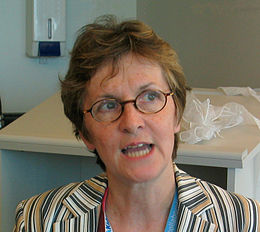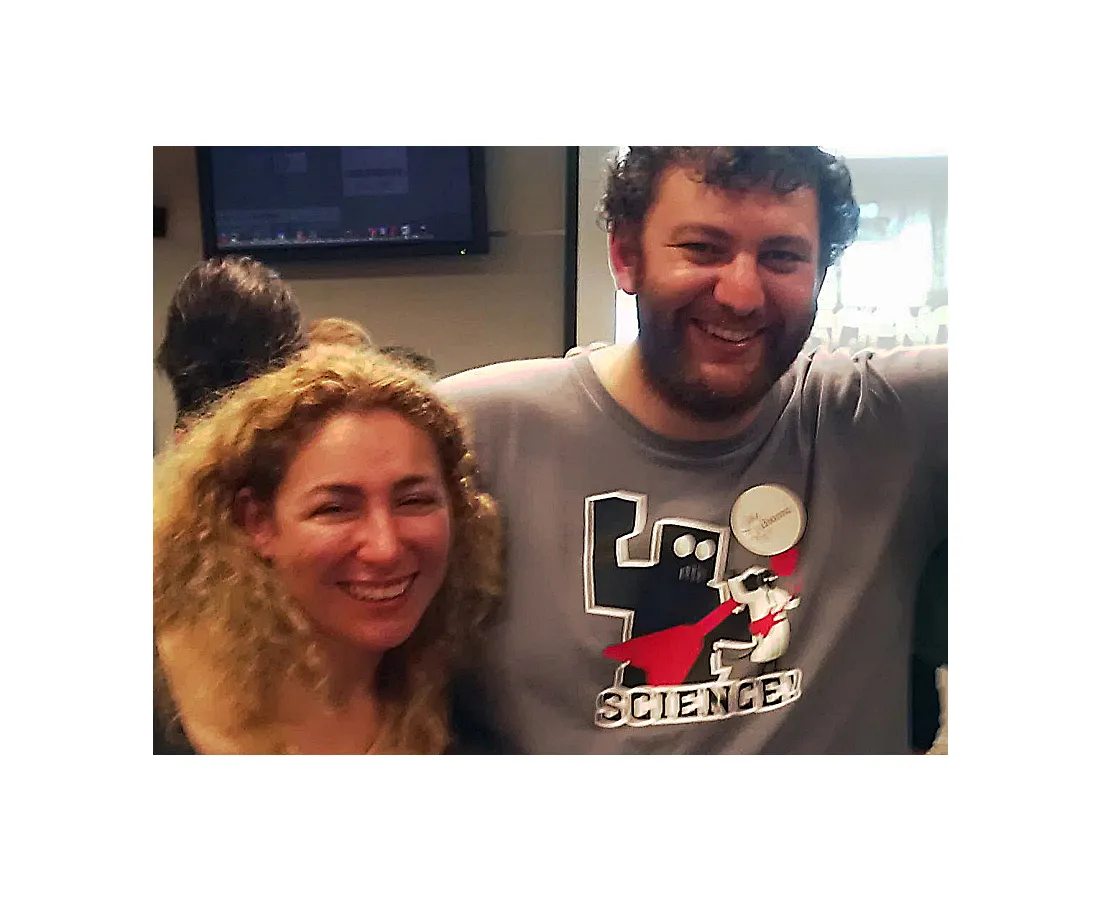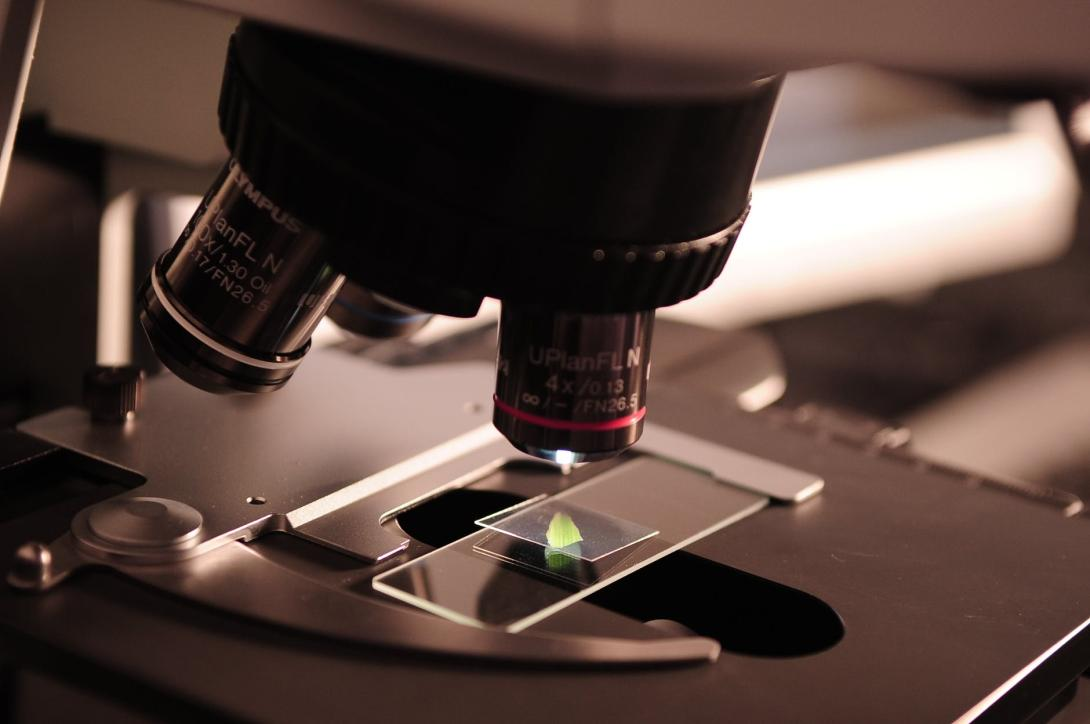Looking for better science communication?

There is a gap between most researchers’ work and what happens in everyday life of clinicians who practise in a sports context or deliver health-related programmes for the community. For example, scientists advocate using Nordic hamstrings exercise for injury prevention, but very few players do it. Why? Do they want to sustain a severe performance-limiting injury? In the public health sector, despite a large amount of research showing the benefits of physical activity in reducing the risk of premature death, little progress has been made in translating the WHO guidelines on physical activity into actions within the communities in most countries. It is unlikely that people prefer the adverse health outcomes of inactivity, and it is more considerate to assume that our messages do not reach and affect those intended. We acknowledge that this is a complex problem, and we think we can come a long way if we tackle it from our side—the knowledge creators—and those working for ...

















